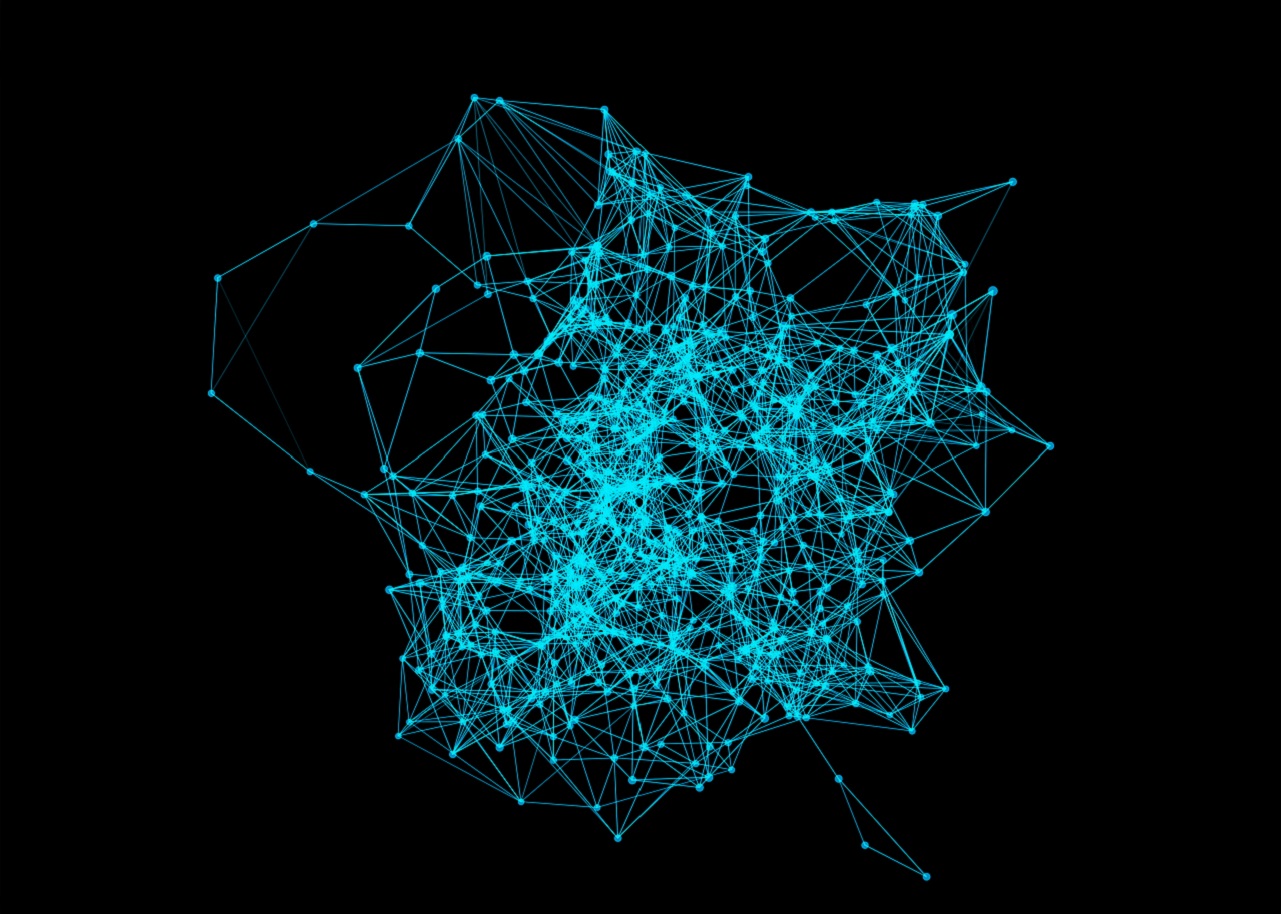Social responsibility is (also) a compliance aspect
Dedagroup’s sustainable development involves an active compliance approach: spreading a robust company culture empowered by people’s ownership

Francesca Sbop
Chief Sustainability & Compliance OfficerAnticipating and interpreting business needs to ensure that the company meets market demand. Ensuring process and procedure compliance for a safe, efficient, and organized company. Preparing to prevent possible risks and tackle any problems by applying proper methodologies. The ultimate goal is protecting and enhancing the company.
That’s the role of Compliance: it is an aspect that cuts across the entire organization and plays a fundamental role in ensuring that the company remains operational and continues to develop and grow while keeping it in line with the law. This is true both in the normal operational flow and in response to changes that often need to be accompanied.
Compliance and agile work
That happened at Dedagroup, for example, when in early 2021, we launched our Agile Work project, rethinking our way of experiencing work and the company to embrace greater flexibility and enhance the sense of lateral leadership throughout the Group. Thanks to cutting-edge tools and shared methods, we can now choose how many days to work in the office or remotely.
This far-reaching change influenced the company’s culture, organization, technological tools, and spaces. Thus, it required a joint effort by the Group’s several areas, from Human Resources to IT Systems, the Facility Office, and the Compliance Department. While for some of these departments, the introduction of the new working model required an organizational evolution and a rethinking of flows and processes, resulting in a new way of doing things, in the case of the Compliance Department, this change drove us to consolidate further a structure that was already part of the company fabric.
Agile work does not revolutionize the company’s approach, indeed. Yet, to be implemented correctly, our existing policies, procedures, and processes must become even more deeply embedded in our mindset and way of thinking.
In fact, at an agile company, where physical presence alternates with remote work, the risks to which the organization is exposed increase, above all in the area of security. Therefore, to provide stakeholders with the same guarantees, there is a need for higher standards, which requires everyone’s awareness of the procedures and rules to follow.
Working with the business to be credible in the market
Compliance is the company’s capacity to ensure that its organization follows and respects laws and regulations and its employees’ behavior is in line with a certain standard of conduct. This system is therefore tied to respect and awareness of the set of mandatory and voluntary laws and regulations that govern the business and, more generally, the company.
“The image of a sound company respectful of market rules certainly inspires greater confidence in stakeholders”: this is one of Dedagroup’s central concepts.
Working by the law — and being able to certify this— means protecting the company and, above all, making it more credible in the market’s eyes. This element is becoming increasingly significant.

In recent years, our clients and prospects have shown growing sensitivity towards Compliance: they want to be sure of the credibility and suitability of their partners before starting a project together. That’s understandable: who would agree to set off on a long, complex journey without verifying that their travel companions are reliable, competent, and prepared?
Our job is thus to work with the business so that the various Group companies can effectively meet clients’ compliance requirements and thus help them be more competitive. We, therefore, need a proactive approach, able to interpret and anticipate market needs and foresee the new standards with which we will have to comply in the future. The voluntary certifications to be adopted have been chosen based on these assessments.
Innovation certifications and standards
Compliance is not just a matter of being capable of complying with the specific, binding rules that a company is required to follow. Voluntary certifications, such as ISO certifications, are an equally important area that requires constant research and study. The International Organization for Standardization formulates a vast set of guidelines that lay down the technical criteria to be observed in order to comply with specific parameters. That’s a constantly evolving list, given that its purpose is to be relevant to the market by facilitating innovation and providing solutions to face global challenges: it is for this very reason that the standards set may change over time and be replaced by others viewed as more relevant.
The ethical certification SA8000 for corporate social accountability
Voluntary certifications also include SA8000, which Dedagroup has recently obtained. It is the world’s leading social certification program and certifies the implementation of an effective Social Accountability Management System within the workers’ rights and well-being framework. It is thus part of the Group’s sustainable development process.
Since its foundation, Dedagroup’s social commitment has been based on the conviction that competitiveness must necessarily be accompanied by ethical sensibility and sustainable growth. These principles are deeply rooted in the Group’s culture. Dedagroup is reinforcing its focus on these issues thanks to this certification: it is pledging adherence to the highest social standards of ethical and professional conduct towards its employees, collaborators, and other stakeholders.
In this sense, obtaining SA8000 certification shall not be considered a point of arrival. Still, a crucial step in the journey the Group has embarked on and an additional stimulus to identifying potential improvement measures in pursuit of sustainability and social responsibility goals. This result, therefore, requires a commitment from all Deda People to be maintained over time.
The Compliance Management System: a compliance encyclopedia
Putting together and managing all the procedures that make up an organization is far from simple. At Dedagroup, we decided to channel them into a Compliance Management System that allows an integrated governance of the various legal provisions, operational requirements, and company practices.

It is an organizational management tool that provides clear, uniform guidelines for coordinating company processes and resources, designed to support individuals and business relationships. Within this system, Deda People can consult the whole set of rules, procedures, instructions, forms, and manuals adopted by the company. The Compliance Management System is a compliance encyclopedia where everyone can find responses independently to do their work as effectively as possible.
This tool helps us offer all people — and ensure that no one ever loses sight – common guidance on acting to align with our organization’s general rules and procedures. This supports us in creating a full-fledged compliance culture. It is no coincidence that I speak of culture.
Compliance is not just a set of rules, policies, processes, and procedures. It is also a way of thinking, working, and behaving professionally. It is a way of experiencing work that requires full awareness of one’s role and the behavior needed in that circumstance.
Compliance is thus made up of documents and rules. But above all, it is made of the people who put it into practice and know why they are doing it. Hence, everyone at the company needs to participate in Compliance, actively spreading its principles and purpose. With everyone’s participation and full awareness, this system can be relevant to everyone.
Active Compliance
Our model is based closely on this principle, i.e., the conviction that Compliance is not just a set of rules sent down from on high but an area of tangible personal action. If the reason for its existence is understood and embraced by all and everyone is aware of how it is to be applied in relation to their roles, then it becomes simpler to implement it, thereby mitigating the risks to which the organization is exposed.
However, at Dedagroup, active participation is an approach that extends beyond the specific realm of Compliance: it reflects in our values, starting with integrity, which focuses on ethics and correct practices, and social impact, which values collaboration between people to ensure that the result of their activity is as positive and broad as possible.
These values, if concretely interpreted, contribute to building an increasingly solid, coherent, credible, and competitive Dedagroup within the market.



